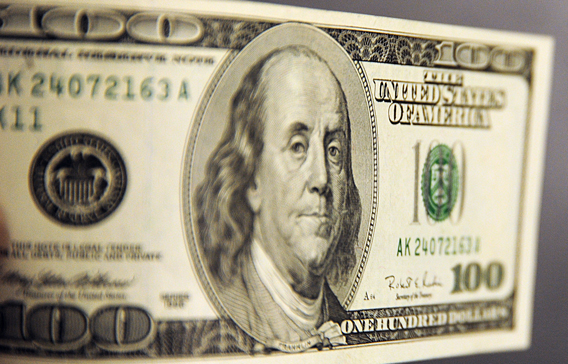The US dollar shortage has stimulated price hikes in the Egyptian market, creating poor economic conditions that investors have described as an inflationary recession. The Central Bank of Egypt (CBE) is unable to maintain a fixed exchange rate, and the informal market is offering a different price every day. This raises the value of local products that rely on imported components and pushes citizens to seek, only, their basic commodities, which threatens many domestic industries.
Chairperson of Middle East for Clothes and vice president of 15th May City Investors Association Abdel Ghany Al-Abasiry said the Egyptian market is currently undergoing a state of inflationary recession that threatens all local production. The reason behind the recession, he added, is the US dollar shortage—which caused a price hike of at least 25%. This accompanied with fixed salaries led the market towards inflation and recession. “This caused citizens to purchase only their basic needs,” he noted.
Al-Abasiry said that all production inputs are imported, which has increased his suffering under the US dollar shortages. He urged the CBE to work to set a price no matter how high it may go. “There should be a fixed price, even if it is EGP 15 against the US dollar.”
He pointed out that the daily variation in price caused major problems in the contracts signed by investors, making them lose the profit margins they aim for. He noted that many producers rely, mainly, on the informal market as their source for US dollars and they ignore banks, which can no longer fulfill their demand.
Al-Abasiry accused CBE Governor Tarek Amer of evading responsibility by disregarding the US dollar exchange rate on the informal market.
He called upon the government to provide local input for production, explaining that Egyptians consume commodities that include 65% imported components. “The government should provide local inputs to reduce this ratio,” he said. However, this should also come in conjunction with eliminating illegal import operations that deplete the country’s foreign currency reserves.
He noted that the CBE should provide US dollar bids for industry, even if little is offered. He pointed out that securing 25% of the industrial sector’s US dollar needs can stabilise the exchange rate and reduce the margin between the official and informal markets.
Electrostar chairperson Mohamed Al-Menoufi said that the US dollar shortage has increased the cost of his factory’s production input by EGP 24m. The hike in production led Al-Menoufi to raise his prices for consumers.
“There is no solution to the US dollar shortage,” he scoffed. “The CBE is unable to secure US dollars for the industry sector.” He noted that the CBE puts most of its US dollars to food and medicine only.
Meanwhile, GMC chairperson Mohamed Genedy said that his exports increased by 200% compared to last year, due to the devaluation of the Egyptian pound against the US dollar. He noted that his company’s stove productions rely by 90% on local components, washing machines by 80%, and water heaters by 98%. “With fixed prices of components locally, this had positive effects on my exports,” he added.




